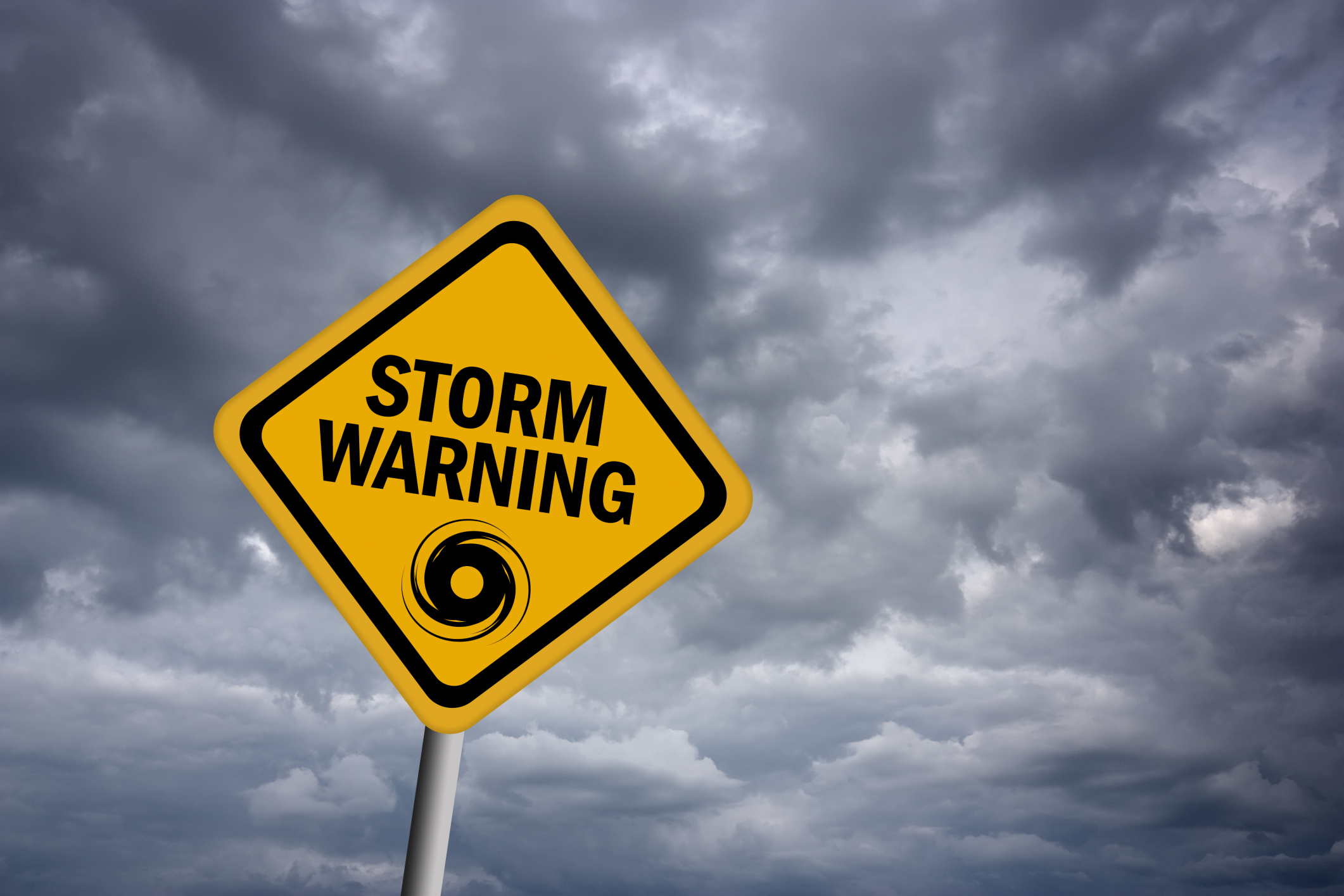
How to Protect Your Car in a Hurricane
We’ve all heard about “Mega Hurricanes” that cause billions of dollars in damages. However, the majority of storms never reach this level of destruction. Annual hurricanes are a fact of life for people in many states. If you’re worried about hurricane damage, start with checking your auto insurance policy and read our list of simple and easy to follow precautions that you can take to protect your property:
- Take the car with you
If you decide to evacuate your home before the hurricane hits, be sure that you pack the right things. In addition to your important documents and personal items, don’t forget emergency supplies. It’s possible that you might get stuck somewhere overnight. Bring extra food, clothing, water, and blankets. Also remember to fill up your gas tank before leaving – it may be a while before the stations can refill their supply.
- Choosing the right parking location
Think carefully about where the best place to park is if you’re staying at home or leaving one of your cars behind. Hurricanes bring a lot of water with them, so avoid any area that’s likely to flood. If possible, park high up on a hill. Also choose a place that offers good protection from flying debris, like next to a solid concrete wall.
- Park in a garage
If you have access to a garage, park your car in the middle and away from any windows. Multi-level commercial parking garages are a good option because they are very solidly constructed. However, they tend to fill up early and quickly, so try to reserve a spot well in advance of the storm.
- Avoid trees, branches, and other overhead hazards
In case your vehicle has to be left outside, avoid parking underneath objects that may fall onto it. This includes branches and trees – even very old and large trees have been known to fall in a strong enough hurricane. Other possible overhead hazards include power lines, signs, light posts, and loose objects on top of a roof.
- Cover your vehicle
No matter where you park, it’s a good idea to cover your vehicle. Even if your car is inside a garage, it’s possible that it might get damaged by broken windows and objects flying through the air. A heavy-duty tarp can be a simple and inexpensive car cover. Alternatively, buy a cover specifically designed for your vehicle to ensure the best fit. This will be a good investment that pays for itself if you live in an area that frequently gets several hurricanes a year.
- Double check windows, doors, and sun roof
Quickly inspect all the openings in your vehicle when you’re securing it before a storm. Check that the windows are fully up, the sunroof is closed, and that the weatherproofing around the doors is in good order.
- Tape up your windows
Use a heavy waterproof tape around the edges of your windows and doors to help keep moisture out. Some people also believe that making an “X” with masking tape over each window will keep them from breaking as easily.
- After the storm
When the hurricane is over, thoroughly inspect your vehicle for any issues. Even if things look alright from the outside, it’s possible that there might have been damage to the engine or other components. Consider having a mechanic check for any problems.
- The importance of having auto insurance
Having a good auto insurance policy is one of the best lines of defense to protecting your vehicle. First, make sure your current policy is up to date. Also check that it covers everything that you need. In most cases, you’ll need a full “comprehensive” policy. While this is slightly more expensive than regular collision insurance, it’s a great investment that can save you thousands of dollars in repairs.
- Document any damages that have occurred
It’s important to keep careful documentation if you have an insurance policy on your vehicle and it gets damaged in a storm. You will need to take clear and detailed photos of your car both before and after the hurricane. Contact your insurance agency immediately if you see any damage. Check your auto insurance policy to see how much time you have before you must file a claim.


